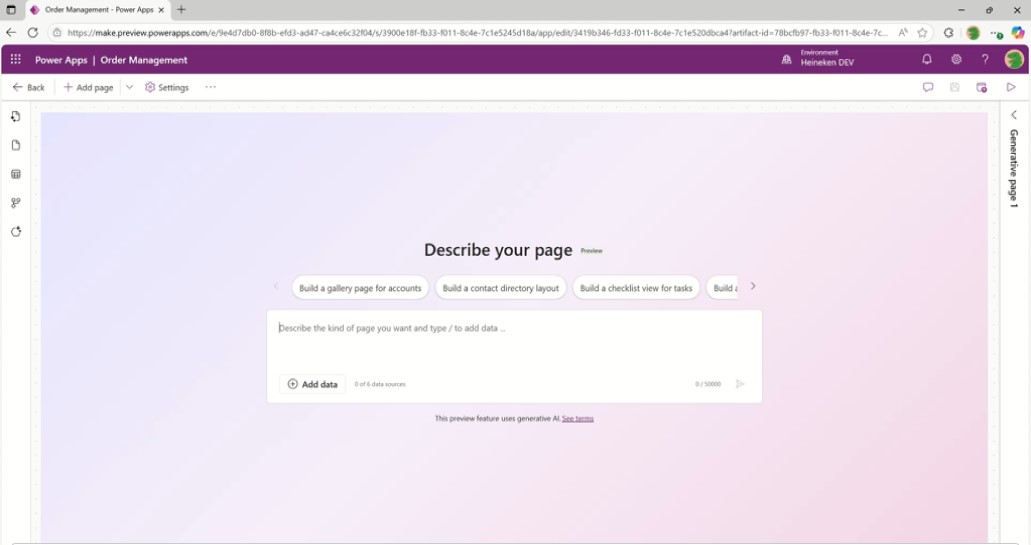Next generation of Microsoft Power Apps development will embrace AI-generated code, de-emphasize traditional tools

Microsoft has made its new Agent-driven coding capabilities for Power Apps available in public preview in North America, with other regions planned.
This approach, known as generative pages, marks a “new chapter” in how Microsoft envisions organizations developing new Power Apps according to Microsoft CVP Ryan Cunningham in a new blog post. With this approach, agents will write code to generate the app, allowing customers to do away with the type of user friendly but abstracted low-code tools that Power Apps have traditionally been known for.
Cunningham wrote:
Traditional low-code tools (including the Power Apps canvas) relied on complex abstraction layers to enable drag-and-drop configuration of pre-built components. While this unlocked productivity for those who preferred not to write code, it also came with limitations on what could be customized.
By generating pages directly in code, we unlock far greater potential for creativity and customization. By bringing this capability to the mature, enterprise-grade Power Apps platform—trusted by millions for mission-critical business apps—we’re making it practical for organizations to adopt at scale.
Generative pages will still rely on many of the same creative elements involved in creating Power Apps such as defining Dataverse tables, creating wireframes, and setting up other details of the desired app. But the results are rendered by agents.
The generated page can still be reviewed, customized, and refined, Cunningham explained, and apps will “remain portable, extensible, and future-proof”.
Drag-and-drop and writing code will remain options, he added. And developers still get full access to the underlying React and TypeScript code.
Microsoft discussed its agent-driven development capabilities for low-code scenarios at Ignite 2024, including the use of Copilot Studio to replace some duties of Power Apps and Power Automate. And Plan designer for Power Platform, a feature that had only been revealed in September 2024 for early access, has already reached GA. Plan designer was one of the most notable reveals at Power Platform Community Conference 2024 as a new generative AI interface for describing, refining, and building the solution architecture of a new Power Platform solution.
FREE Membership Required to View Full Content:
Joining MSDynamicsWorld.com gives you free, unlimited access to news, analysis, white papers, case studies, product brochures, and more. You can also receive periodic email newsletters with the latest relevant articles and content updates.
Learn more about us here